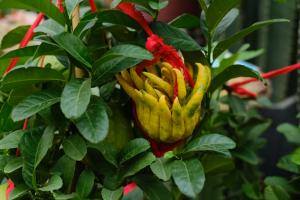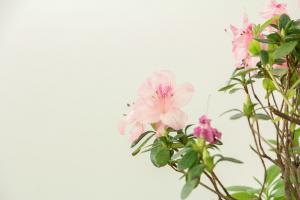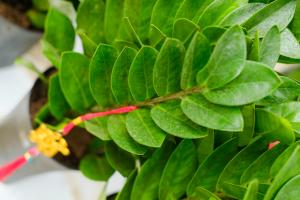Sow
The suitable temperature for the germination of Delphinium is about 15 ℃, and the soil temperature is preferably below 20 ℃, which germinates in about two weeks
Autumn sowing is from late August to early September. It is first sown into the open seedbed, and then enters the cold bed or cold room for overwintering before winter. It is planted in warm spring. Direct seeding in the open field in early spring in South China, with 25 ~ 5cm plant spacing between seedlings
In the north, seedlings are generally raised in advance, and settled in April. 2 ~ 4 true leaves are transplanted, and 4 ~ 7 true leaves are settled. Pay attention to drainage in rainy days
The soil must be kept moist after sowing. The easiest way is to cover some grass and gradually remove the cover after emergence
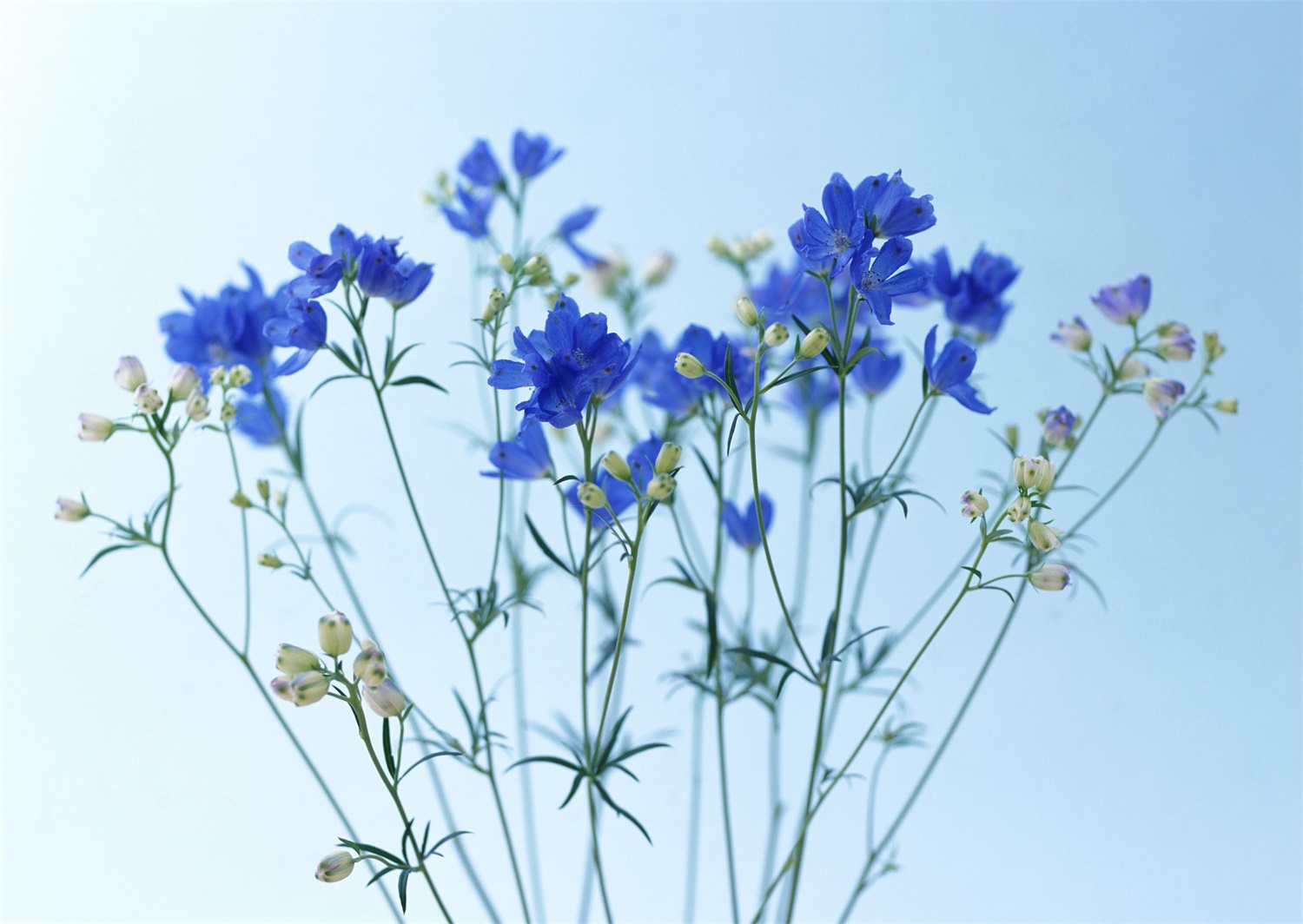
Cutting
Delphinium cutting propagation is carried out in spring. When the new branches grow more than 15cm, cut the cuttings and insert them into the sand
Don't rush to water after inserting sand. Water properly after 2-3 days
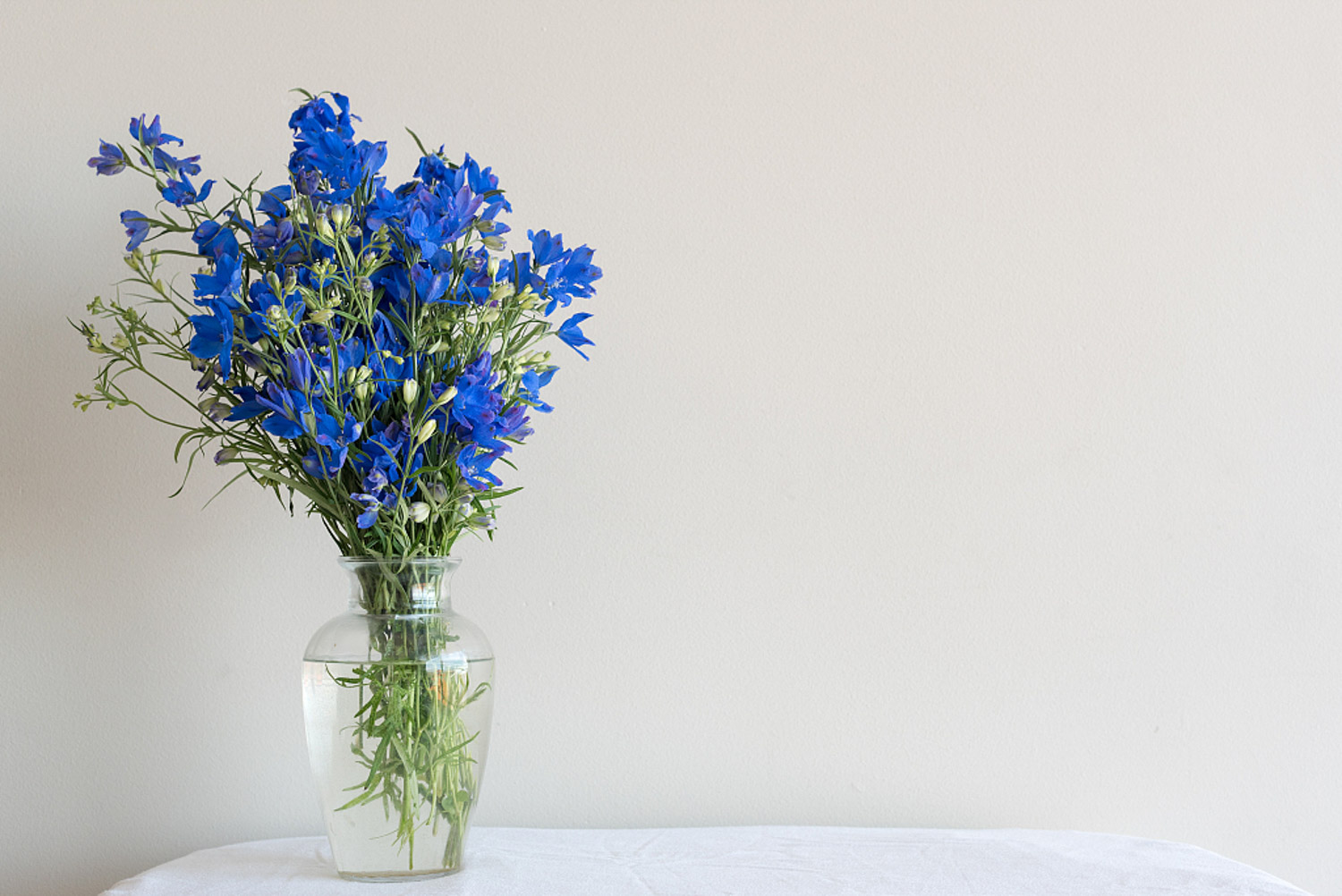
Ramet
It can be carried out in spring and autumn. When the new buds grow to 15-18cm in spring, the plants can be transplanted after rooting, or the new branches at the base can be taken for cutting after flowering
Ramets should pay attention to fate. Some Delphinium do not grow new buds in three years, and some Delphinium grow many seedlings in one year, clinging to the base of the mother plant
Ramets are generally carried out once every 2-3 years, otherwise it is easy to lose the vitality of the mother plant. Just after mother's day, we also give more care to the mother plant of Delphinium so that she can spend more time with her children, so that the children will be strong after independence

Pay attention to the lodging of plants whether it is the sowing, cutting or split propagation of Delphinium. The main stem of Delphinium vulgaris is tall, and it is easy to grow in vain under insufficient light. It is easy to fall down or bend the main stem. After growing to a certain stage, pay attention to support and fixation. You can gently bind the main stem with twigs, sticks or bamboo rods. Remember not to work hard to avoid damaging the stem skin

 how many times do yo...
how many times do yo... how many planted tre...
how many planted tre... how many pine trees ...
how many pine trees ... how many pecan trees...
how many pecan trees... how many plants comp...
how many plants comp... how many plants can ...
how many plants can ... how many plants and ...
how many plants and ... how many pepper plan...
how many pepper plan...